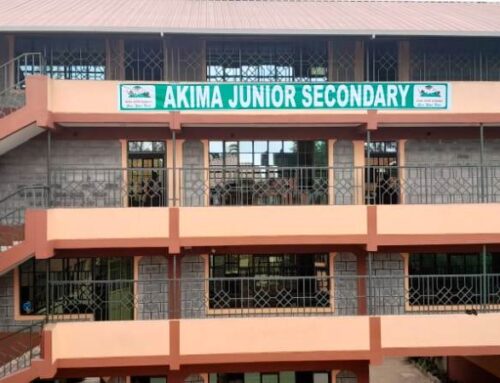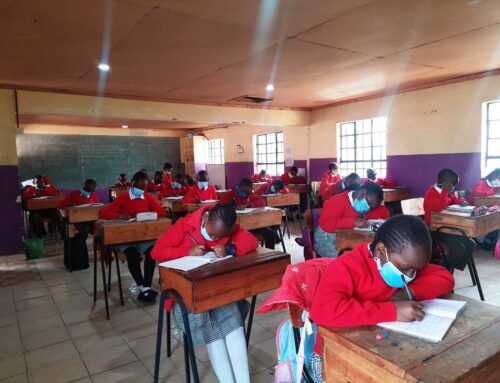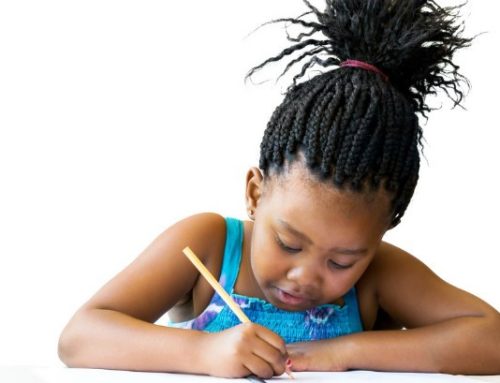The world at large is experiencing a tough time trying to fight off this epidemic virus – COVID-19 that is a big threat. Some countries more affected than others have resulted to closing down all movements to limit the risk of spreading it further. This means most schools have been closed indefinitely including our very own Kenyan schools.
The big question remains, does closure of schools mean no study happens. Even though most people believe that no learning is going to happen out of school, it is important to understand that learning can continue at home.
How does learning happen at home in the absence of the teacher?
- Understand that learning is a process that happens every day, everywhere with or without knowing – The teacher is only a facilitator who helps the student effectively understand what they are learning. The teacher being a facilitator means they can be replaced by a mother, a father or a helper to continue the learning process.
- Whether we know it or not, home is where all learning originates! – Character, manners and habits are all first learned at home, whether taught or just picked from the normal setting. As such, it is important to know your children can learn from home as though they were in school during this break.
- If you are not able to do it personally, get help – Some parents who work on tight schedules can find it hard to facilitate effectively as a full time teacher does. This is where you bring in a trusted helper to assist you manage the children when you are away. Whether the children left school with homework or not, make it your goal to set up some work for them daily and check to see it was properly done at the end of the day.
- Introduce a friendly home timetable that is easy to follow – With schools closed, the tendency to just laze around is a bad habit that is easily caught. As a parent, you must remain in charge of your children and work against this bad habit. Coming up with a friendly home timetable helps you, your children and the helper you bring in have a perspective of the expectations of each day. The timetable could include a few hours of serious study in the morning and mid morning and a relaxed afternoon to maybe watch a documentary, learn an art or go outside and learn. Teaching the children to help with house chores depending on their age is vital in raising responsible children. A timetable helps everyone understand the direction they are needed to take.
- Make learning enjoyable and rewarding – Learning is fun if the facilitator makes it enjoyable. At home, make it enjoyable by rewarding good behavior or completion of goals set or finishing their work promptly etc. There are many opportunities at home to reward your children for taking their work serious which in return develops children who are disciplined. Remember don’t make rewards the goal of the learning but use it appropriately to avoid children only work to be rewarded. Help them understand the reward is only for appreciation.
In conclusion, though we may be the best school on Nairobi, our joy is to see families that do not stop learning just because schools have been closed. We rejoice in knowing parents can be great stewards of this vital role to parent and teach at the same time. Kudos, to all parents!
Call us or visit us for enquiries and feedback
Location: Northern Bypass at Thome Estate
Tel: 0720 997489, 0795 151603
Email: info@akimaschool.com






